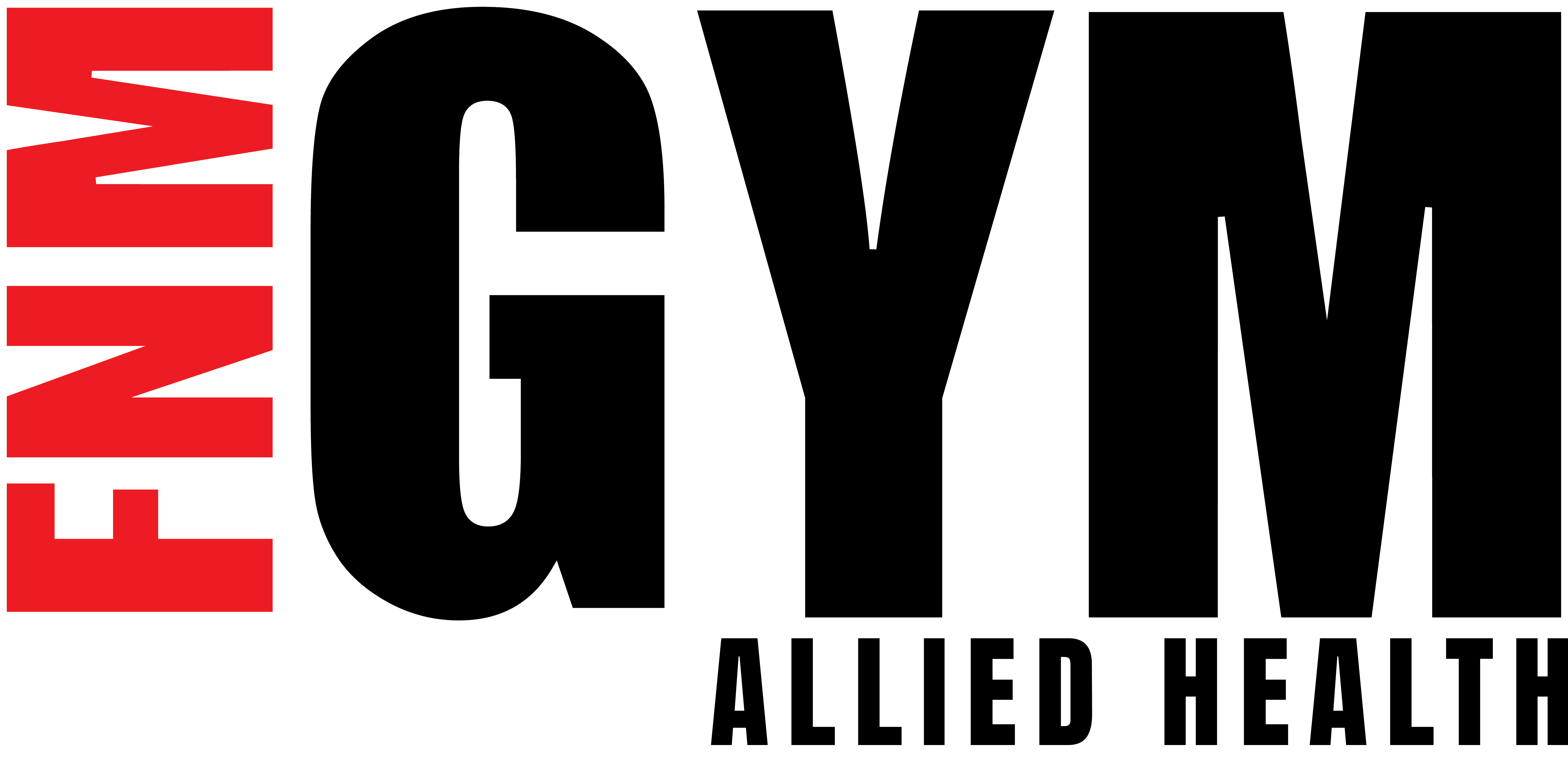Welcome to the Fitness n Motion Health Centre (FNM) blog! We’re a proud, family-owned and run gym that believes in the power of community and inclusivity. Today, we’re diving into an often overlooked but absolutely essential aspect of any fitness journey: the importance of recovery and rest. So, grab a comfy chair, maybe a protein shake, and let’s explore why giving your body a break is just as important as pushing it to the limit.
The Importance of Rest and Recovery
When it comes to fitness, pushing your limits is only part of the equation. Rest and recovery are where the magic happens. Your body needs time to repair and strengthen itself after the stresses of exercise. Think of your muscles as a high-tech machine. After a workout, they need downtime to recharge and come back stronger. Without adequate rest, you might find yourself stuck in a cycle of fatigue and poor performance.
Here are a few reasons on the importance of rest and recovery and why they are non-negotiable:
Muscle Repair and Growth:
First and foremost, exercise creates tiny tears in muscle fibers, and recovery is essential for repairing and strengthening those fibers. When you rest, your body has the opportunity to heal, which ultimately leads to muscle growth. Without adequate rest, your muscles don’t have the time they need to recover and adapt, which can hinder progress and even lead to stagnation.
Prevention of Injury:
In addition to muscle recovery, rest plays a crucial role in preventing injury. Continuous strain without sufficient recovery time can lead to overuse injuries, which might sideline you from your favourite activities for weeks or even months. By incorporating regular rest periods into your routine, you give your body a chance to repair itself and avoid the risk of overloading any one area. In this way, rest becomes a key preventative measure that helps you stay active in the long term.
Mental Refreshment:
Moreover, rest isn’t just important for your body—it’s also vital for your mind. Physical activity can be mentally demanding, and without recovery, you may experience mental fatigue, reduced focus, or burnout. Taking time to rest allows your mind to recharge, ensuring that you stay motivated, focused, and ready to tackle your next workout with renewed energy. Consequently, rest can help maintain a healthy mental state, which is essential for staying consistent with your fitness goals.
Optimal Performance:
Finally, proper recovery leads to optimal performance. When you’re well-rested, your body has the energy and resources it needs to perform at its best. You’ll notice that you can lift heavier, run faster, and workout longer, all because your muscles and nervous system have had the time to recover and rebuild. Therefore, recovery isn’t just about rest; it’s about enhancing your overall performance and pushing your limits safely and effectively.
In conclusion, reviewing the importance of rest and recovery and how they are integral to both your physical and mental well-being can make a huge difference to your fitness plan and implementation thereof. By ensuring that you give your body the time it needs to repair, prevent injury, refresh your mind, and perform at its peak, you’re setting yourself up for long-term success in your fitness journey.
Different Types of Recovery
Recovery isn’t just about lounging on the couch, although that can certainly be part of it! In fact, recovery comes in many forms, and incorporating different types into your fitness plan can help you optimize your results and prevent burnout. Let’s explore some of the most effective recovery methods that should be part of your routine.
Active Recovery
To begin with, active recovery involves low-intensity exercises that promote blood flow to your muscles, which can aid in reducing muscle stiffness and soreness. Unlike high-intensity workouts, active recovery allows you to keep your body moving without putting additional strain on it. Examples of active recovery include activities like walking, swimming, or a gentle yoga session. These exercises help your muscles recover more efficiently, improve circulation, and speed up the removal of metabolic waste products that can cause soreness. In short, active recovery is a great way to stay active while still allowing your body to rest and repair.
Sleep
Next, never underestimate the power of a good night’s sleep! Sleep is when your body does most of its repair work, and it plays a critical role in muscle recovery. As a general rule, aim for 7-9 hours of quality sleep per night to allow your muscles, joints, and nervous system the time they need to recover and rebuild. To improve the quality of your sleep, consider creating a sleep-friendly environment by keeping your room cool, dark, and quiet. Additionally, avoid screens before bed to help signal to your body that it’s time to wind down and prepare for rest. Therefore, prioritizing sleep is one of the most effective—and often overlooked—recovery strategies.
Nutrition
Moreover, what you eat plays a significant role in your recovery process. Your body needs the right fuel to repair and rebuild, and proper nutrition can accelerate recovery and reduce soreness. Focus on a balanced diet that includes protein, healthy fats, and carbohydrates, as each of these macronutrients plays an essential role in muscle repair and energy restoration. In addition, hydration is crucial—drinking plenty of water helps flush out toxins and keeps your muscles properly hydrated. To further enhance your recovery, consider adding recovery-specific foods to your diet. For example, tart cherries have been shown to reduce muscle soreness, while leafy greens are packed with nutrients that support overall recovery. Thus, a well-balanced diet and proper hydration are key components of an effective recovery plan.
In summary, recovery is a multifaceted process that involves more than just rest. By incorporating active recovery, prioritizing sleep, and fueling your body with the right nutrients, you’ll be able to recover more efficiently and set yourself up for greater success in your next workout.
How to Recognise Signs of Overtraining
It’s easy to get caught up in the excitement of a new fitness routine, but overtraining can be counterproductive. Here are some signs to watch out for:
- Persistent Fatigue: If you’re always tired, even after a rest day, it might be time to scale back.
- Decreased Performance: Struggling to hit your usual marks? Overtraining could be the culprit.
- Mood Changes: Feeling irritable or down? Your body might be telling you it needs a break.
- Sleep Disturbances: Trouble sleeping can be both a cause and a symptom of overtraining.
- Frequent Illnesses: A weakened immune system can result from not allowing your body adequate recovery time.
If you notice any of these signs, it’s crucial to listen to your body and think of the importance of rest and recovery to give it the time and care it needs to heal and recharge.
Tips for Effective Recovery
Ready to optimise your rest and recovery? Here are some tips to help you get the most out of your downtime:
- Schedule Rest Days: Plan regular rest days into your fitness routine. Your body will thank you.
- Incorporate Stretching: Gentle stretching can improve flexibility and promote muscle recovery.
- Try Foam Rolling: Foam rolling can help relieve muscle tightness and improve blood flow.
- Stay Hydrated: Drink water throughout the day, not just during workouts.
- Mind Your Nutrition: Eat a balanced diet and consider post-workout snacks like protein shakes or a handful of nuts.
- Listen to Your Body: If something doesn’t feel right, don’t push through it. Rest is crucial for long-term success.
Remember, at FNM, we’re here to support every aspect of your fitness journey, including the importance of rest and recovery. Embrace the downtime, enjoy the process, and watch as your body and mind reap the rewards. Happy resting!
Click her to read more about How Exercise Boosts Sleep Quality and It’s Importance




